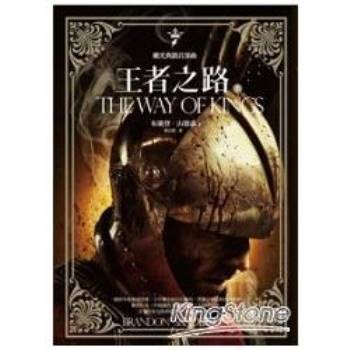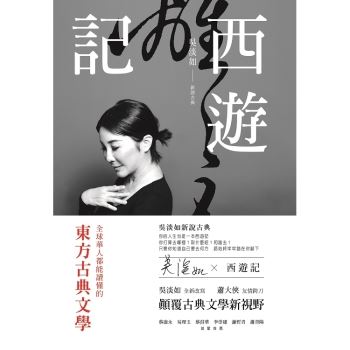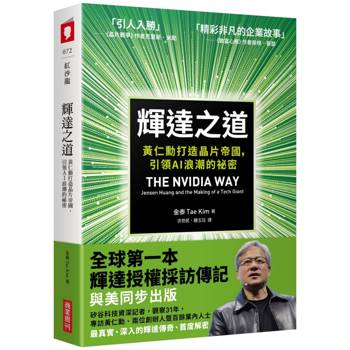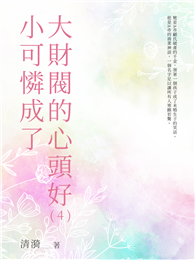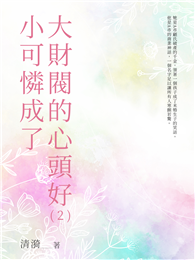This book aims to redefine the relationship between film and revolution. Starting with Hannah Arendt’s thoughts on the American and French Revolution, it argues that, from a theoretical perspective, revolutions can be understood as describing a relationship between time and movement and that ultimately the spectators and not the actors in a revolution decide its outcome. Focusing on the concepts of ’time, ’ ’movement, ’ and ’spectators, ’ this study develops an understanding of film not as a medium of agitation but as a way of thinking that relates to the idea of historicity that opened up with the American and French Revolution, a way of thinking that can expand our very notion of revolution. The book explores this expansion through an analysis of three audiovisual stagings of revolution: Abel Gance’s epic on the French Revolution Napoléon, Warren Beatty’s essay on the Russian Revolution Reds, and the miniseries John Adams about the American Revolution. The author thereby offers a fresh take on the questions of revolution and historicity from the perspective of film studies.
| FindBook |
有 1 項符合
Thinking Revolution Through Film: On Audiovisual Stagings of Political Change的圖書 |
 |
Thinking Revolution Through Film: On Audiovisual Stagings of Political Change 作者:Berger 出版社:de Gruyter 出版日期:2024-06-17 語言:英文 規格:平裝 / 233頁 / 普通級/ 初版 |
| 圖書館借閱 |
| 國家圖書館 | 全國圖書書目資訊網 | 國立公共資訊圖書館 | 電子書服務平台 | MetaCat 跨館整合查詢 |
| 臺北市立圖書館 | 新北市立圖書館 | 基隆市公共圖書館 | 桃園市立圖書館 | 新竹縣公共圖書館 |
| 苗栗縣立圖書館 | 臺中市立圖書館 | 彰化縣公共圖書館 | 南投縣文化局 | 雲林縣公共圖書館 |
| 嘉義縣圖書館 | 臺南市立圖書館 | 高雄市立圖書館 | 屏東縣公共圖書館 | 宜蘭縣公共圖書館 |
| 花蓮縣文化局 | 臺東縣文化處 |
|
|
圖書介紹 - 資料來源:博客來 評分:
圖書名稱:Thinking Revolution Through Film: On Audiovisual Stagings of Political Change
|
